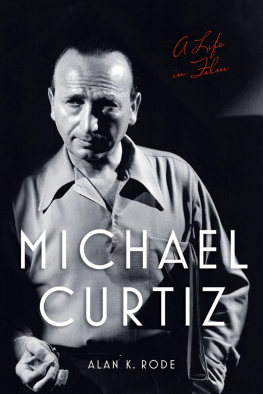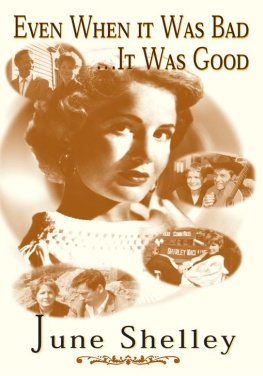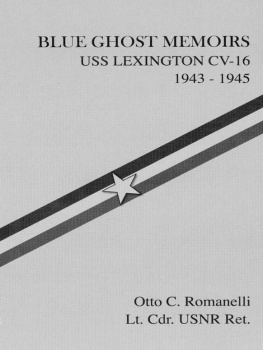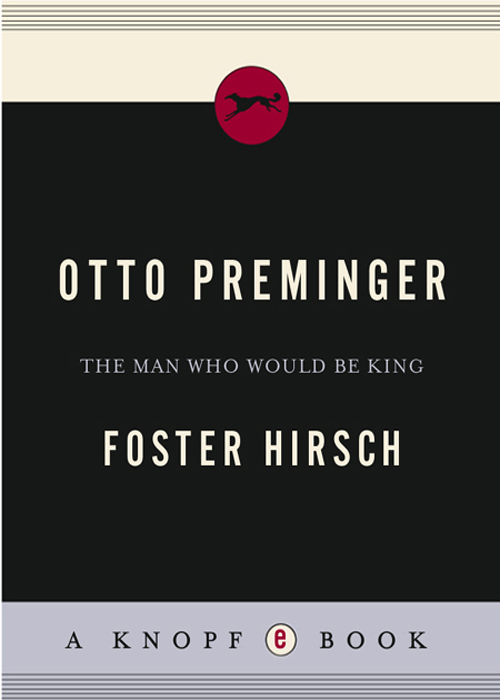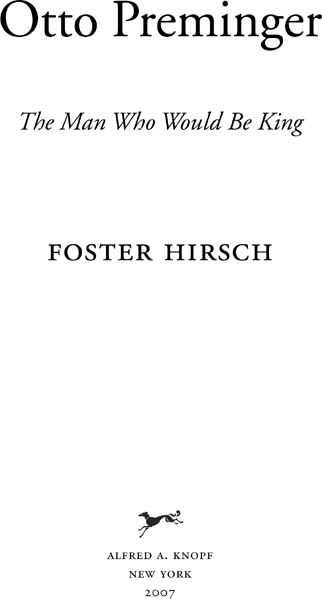Acknowledgments
For candid, generous interviews I would like to thank the following: the late Elaine Barrymore; Trumball Barton; Peter Bogdanovich; Donald Bogle; the late Phoebe Brand; William Doran Cannon; Lewis Chambers; Carol Channing; Kathryn Grant Crosby; Christian Divine; Keir Dullea; the late Douglas Fairbanks Jr.; Vera Fairbanks; Nina Foch; Horton Foote; Larkin Ford; Mona Freeman; Rita Gam; Gilbert Gardner; Ben Gazzara; Howell Gilbert; Tony Gittelson; Wolfgang Glattes; Elaine Gold; Paul Green; George Grizzard; the late Kitty Carlisle Hart; Jill Haworth; Bill Hayes; Diana Herbert; Celeste Holm; Robert Hooks; Geoffrey Horne; Harry Howard; Kathleen Hughes; the late Kim Hunter; Olga James; Leslie Jay; Ken Kaufman; the late Marjorie Kellogg; Robert Lantz; Lionel Larner; the late Paula Laurence; Arthur Laurents; John Phillip Law; Beck Lee; Arlene Leuzzi; David Lewin; Nicola Lubitsch; Carol Lynley; Mike Macdonald; John Martello; Virginia McDowall; Biff McGuire; Eva Monley; Rita Moriarty; Don Murray; Patricia Neal; the late Barry Nelson; Hilde Odelga; Wolfgang Odelga; the late Charlie Okun; Jennifer ONeil; Austin Pendleton; the late Brock Peters; Barbara Preminger; Erik Lee Preminger; Eve Preminger; Hope Preminger; the late Ingo Preminger; Kathy Preminger; Mark Preminger; Victoria Preminger; Harold Prince; the late David Raksin; Val Robins; Bud Rosenthal; Stanley Rubin; Eva Marie Saint; John Saxon; the late Martin Schute; Madeleine Sherwood; Jean Simmons; the late Peter Stone; the late Leon Uris; Michael Wager; the late Ruth Warrick.
For help in locating interviewees: Bruce Goldstein; Jane Klain; Marvin Paige; Sam Staggs; Jim Watters; Joanne Zyontz.
For research assistance: Irene Cohen; Donald R. DAries; Samuel Lorca; Janet Lorenz, the Fairbanks Center for Motion Picture Study, Beverly Hills; Piero Passatore; Richard Prolsdorfer, Twentieth Century-Fox.
For help in locating hard-to-find films: Tom Toth; Charles Silver at the Museum of Modern Art.
For photographs: Otto Preminger Films, Inc.; Photofest.
The staff of the Billy Rose Theatre Collection at the New York Public Library for the Performing Arts, Lincoln Center; the staff of the Margaret Herrick Library, Academy of Motion Picture Arts and Sciences, Beverly Hills; the staff of the Theatre in der Josefstadt, Vienna.
At Alfred A. Knopf: Victoria Wilson, my wise and exacting editor.
PROLOGUE
An Encounter
I was in the presence of Otto Preminger only once. Because he was listed as the director, in November 1980 I went to see a play at an acting studio where Preminger was then teaching called The Corner Loft, located at Twelfth Street and University Place in New York City. The play a routine psychological thriller called The Killer Thing, turned out to be beside the point, because during the intermission, with the audience members squashed together in the minuscule lobby, a drama far more enticing than the one onstage erupted suddenly. As if in response to some deep atavistic instinct, patrons parted to make room for the tall, commanding figureunmistakably Otto Preminger in personwho entered the lobby and began, with purposeful stride, to make his way across the room that seemed almost too small to contain him. With his large, bald, ovoid head, piercing blue eyes, lips that formed a faint half-smile that seemed poised between charm and contempt, and his imperial bearing, Preminger radiated a lifetime of privilege, wealth, fame, and power. There was no disregarding this mans deeply engrained sense of self, his unassailable amour propre. The milling crowd, evidently as pleased as I was to catch a glimpse of a director who at the time was as recognizable as Alfred Hitchcock, looked at him with the respect, and the wariness, that his reputation as a terrible-tempered tyrant seemed to warrant. Such a large man in such a small space seemed pregnant with possibilities for a collision of Grand Guignol magnitude.
And indeed, within a few seconds of his appearance, Premingers booming voiceYou always louse things up, dont you?reduced the room to a hushed silence, quickly shattered by another insult delivered in Premingers thick Austrian accent. Lousing things up and getting in the way is your particular specialty, isnt it? Evidently trying to wish himself into invisibility, the minion who was the object of the directors blasts crumpled into an almost fetal position as he walked (hobbled?) to a nearby door, fumbled briefly with the doorknob, then disappeared from view. (And from history. No one I talked to who had worked at the Loft in the Preminger era, including its director, Elaine Gold, or John Martello, who starred in the play was able to identify the unlucky subaltern.)
Frozen, we all waited for Premingers next move. His half-smile in place and behaving as if the scene we had witnessed had not happened, the director calmly helped himself to coffee and cookies at the refreshment table. In what seemed at the time excruciating slow motion, the room began to fill once again with the murmur of conversation as the audience feebly pretended to do what Preminger had accomplished with such remarkable aplombdismiss the scene he had just played.
Was the tantrum for real, or had the maestro favored us with a command performance of Otto Preminger, the world-renowned filmmaker who was as noted for his outbursts as for his work? Were we privileged witnesses of a reprise of the Hollywood Nazi roles Preminger had played with such conviction that some of his enemies regarded these performances as the real thing? Or had we just observed an aging director losing his grip? The explosion was awesome, but also ambiguous: that secret-sharer smile, the post-tirade ease and obliviousness with which he helped himself at the coffee table. Real people dont behave this way, I remember thinking at the time. What had the unfortunate young man done, or failed to do, to warrant such withering public abuse? Couldnt the dressing-down have waited until Preminger and the miscreant were discreetly out of sight? Or was a public forum precisely the arena in which Preminger wanted to stage his anger? That night, Preminger certainly stole the show. Over twenty years later I recall nothing of the play while the memory of those few moments remains vivid.



